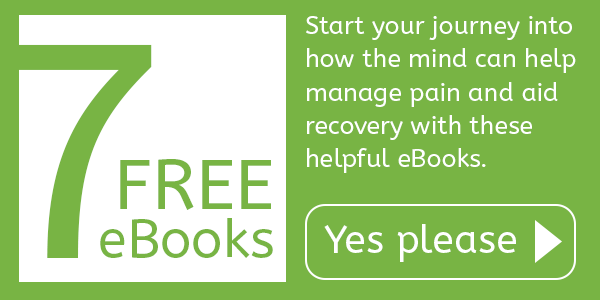I have practiced Bikram yoga for over 5 years. A class is 90 minutes of yoga in a room heated to 110 degrees with 40% humidity. It’s insanely hot and muggy. Today, the yoga teacher was prepping a first timer prior to entering the room. He instructed her repeatedly to not leave the room during class. She replied “It’s OK. I’ve given birth twice.” With that attitude, I knew that she’d be fine because the practice is as much of a mental challenge, if not more so than a physical one. In fact, that’s probably why I like it so much.
A class is uncomfortable. It’s supposed to be. The real challenge is in accepting the heat and humidity and even using it to my benefit. To struggle against the conditions and focus on the discomfort would only make my experience more uncomfortable and difficult. I know this from experience as I’ve done it more times than I care to admit. Learning to accept discomfort in the hot room, is great practice for life outside of the room.
I also regularly participate in acupuncture and am happy to say that I can’t feel the needles once in place – unless I move. So, I do my best impersonation of a statue while on a table for about an hour. When I move, small electrical shocks where the needles are inserted ignite. Even if my nose itches like crazy or my butt falls asleep, I resist movement and try to experience the feeling literally for what it is: a physical sensation, nothing more, nothing less. My brain’s interpretation of that sensation defines it as an itch or as uncomfortable or whatever. It’s interesting to explore an itch without automatically, unconsciously scratching it. What if my brain doesn’t define it as something that needs to be scratched? It becomes just a physical experience.
The same mindset applies to the yoga. It’s my interpretation of the conditions that make them bearable or not. A class becomes a learning, strengthening exploration of the various physical and mental feelings that show up due to the extreme heat. Instead of being compelled to do something to seek relief, I challenge myself to just be with the awareness of the feelings.
It’s my interpretation of the conditions that make them bearable or not. A class becomes a learning, strengthening exploration of the various physical and mental feelings that show up due to the extreme heat. Instead of being compelled to do something to seek relief, I challenge myself to just be with the awareness of the feelings.
In these examples, I am using my mind to interpret and influence my physical experience. You also do this every day whether you are conscious of it or not. To mindfully alter the way in which physical sensations are perceived by the mind in this way is proving highly successful in pain management.
In his article in The Wall Street Journal, Thinking Away The Pain, Jonah Lehrer writes:
New therapeutic approaches don’t target body parts or nerves close to the source of the problem. They don’t involve highly technical surgeries or expensive new drugs. Instead, they focus on the mind, on altering the ways in which we perceive the pain itself.
Lehrer cites a study conducted by Wake Forest University in which participants, after only a few days of meditation training, reduced the unpleasantness of their pain by 57%. That’s roughly the equivalent of morphine. He also tells of studies at Duke University in which cognitive behavioral therapy, biofeedback, and hypnosis effectively reduced chronic lower back pain in participants.
This same technique works for uncomfortable situations in life, I’ve found. Any event becomes whatever my brain interprets and defines it to be. Now, that is some real mind power!
Now, that is some real mind power!
To learn more please visit the site this article was originally published – www.thebestbrainpossible.com
If you like this post you will also enjoy:
- Power of Hope and Prayer In Improving Toothache Pain.
- How Mental Imagery Manages Pain.
- The Buddhist Monk Who Controlled Pain and Suffering.
- Virtual Reality Helps Distract Kids from Painful Medical Procedures.






